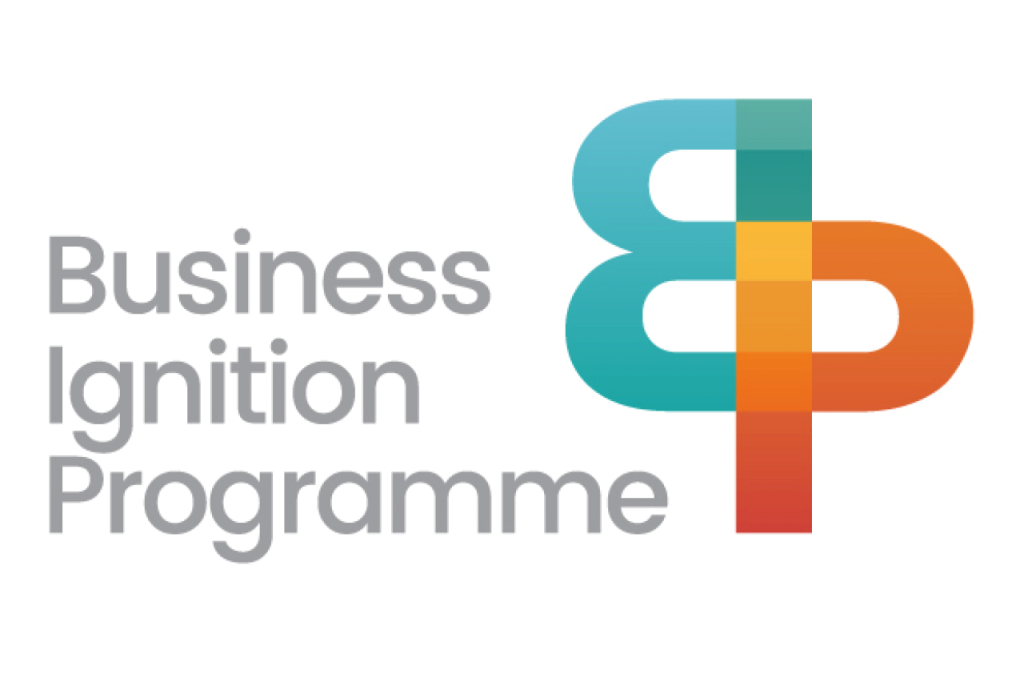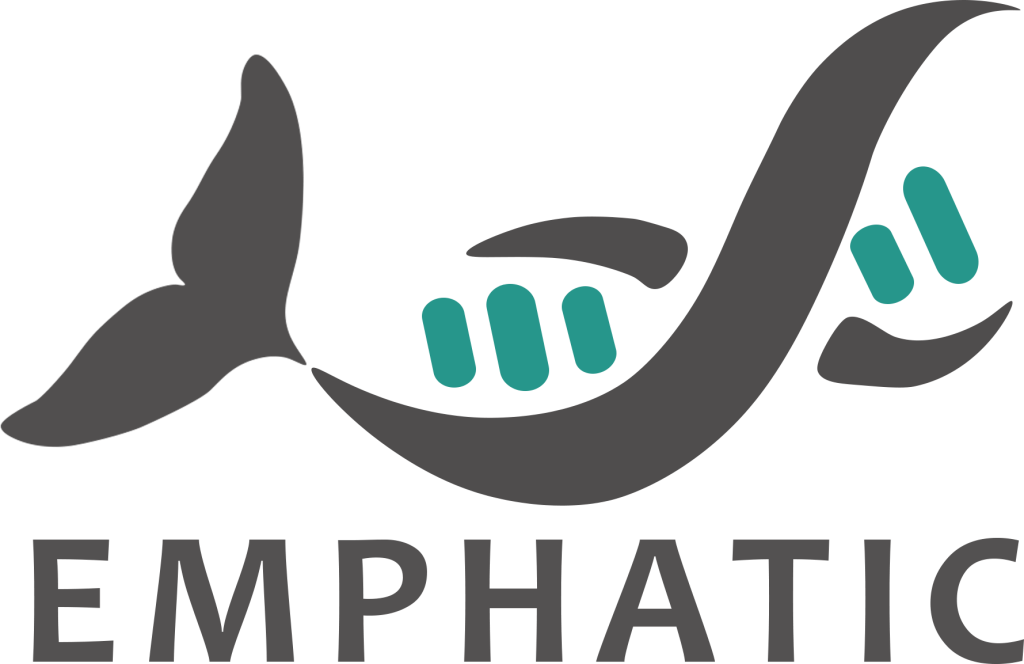
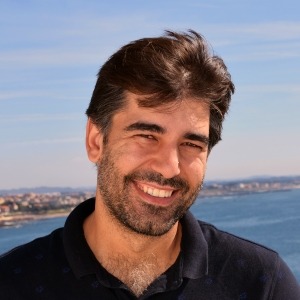
Group Leader
Benjamín Costas concluiu o Mestrado em Aquacultura pela Universidade do Algarve em 2006, e em 2011 obteve o grau de Doutor em Ciência Animal pela Universidade do Porto. Benjamín Costas é atualmente Investigador Principal do CIIMAR e Coordenador da equipa Saúde de Animais Aquáticos, uma equipa jovem e fortemente motivada que destaca a imunologia nutricional como principal linha de investigação. O Doutor Costas é apaixonado pela saúde e bem-estar dos animais aquáticos e atualmente coordena projetos nacionais e internacionais nesse âmbito. A investigação principal incide em novas estratégias para melhorar a resistência dos peixes às doenças, bem como em biomarcadores de saúde não invasivos.
EQUIPAS DE INVESTIGAÇÃO:
Saúde de Animais Aquáticos


